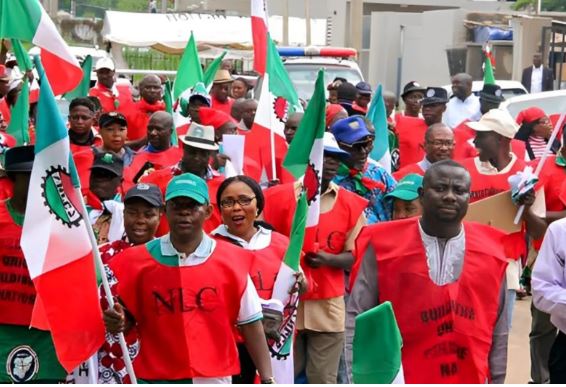This invitation was communicated through a statement issued by Simon Lalong, the Minister of Labour and Employment. It is worth noting that previously, on September 4th, Lalong had invited both the NLC and the Trade Union Congress (TUC) to avert a two-day nationwide warning strike. However, it is reported that only the TUC attended that meeting.
In response to this situation, Minister Lalong has instructed the Department of Trade Unions Services and Industrial Relations to convene a meeting with the leadership of the NLC on Monday. The primary objective of this meeting is to facilitate discussions between the unions and the government to resolve all outstanding issues and prevent further disruption to the economy.
Lalong emphasized the government’s commitment to engaging with organized labor and addressing their concerns through consultation and negotiations. This approach is seen as crucial in maintaining industrial harmony, a key element in realizing the goals of the Renewed Hope Agenda under President Bola Tinubu’s administration.
Additionally, the NLC National Executive Council, in a communique issued on September 1st, had threatened to initiate an indefinite strike within 21 days of that announcement. Among their various demands are wage awards, the implementation of palliatives, tax exemptions, and allowances for public sector workers, as well as a review of the minimum wage.
It’s important to note that while the federal government had previously committed to restructuring the framework for engaging with organized labor regarding palliatives, the eight-week timeline for completing this process expired in August without any action taken. The sub-committees created to implement the government’s palliative package in areas such as Cash Transfers, Social Investment Programme, Cost of Governance, Energy, Mass Transit, and Housing have yet to meet or fulfill their mandates.
